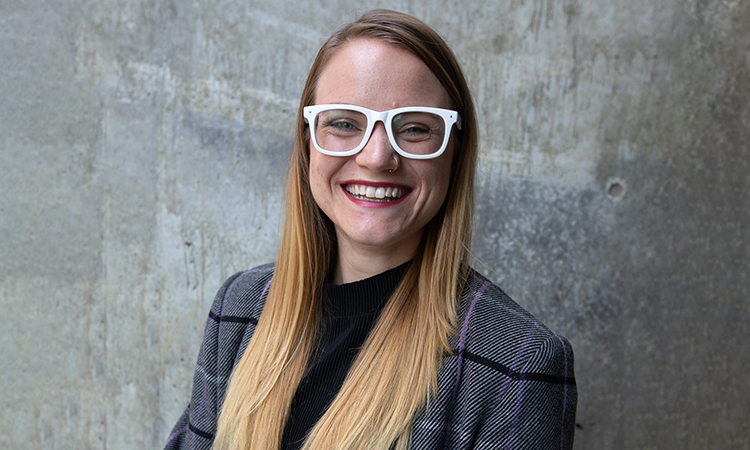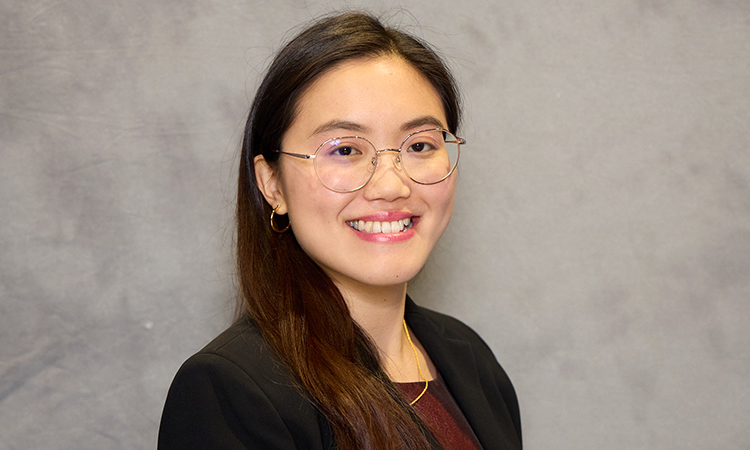Nearly one in ten Americans who suffer from symptoms of long COVID – which may include fatigue, shortness of breath, lightheadedness, diarrhea, and joint pain, and other conditions – say the lingering effects of the disease limit their ability to lead a normal, productive life. A new commentary, titled “Long, Covid, Disability and the Need for Timely Health Care Coverage,” co-authored by KPSOM student Ellie Fratt, was recently published in The Permanente Journal. It argues that policymakers in Washington should eliminate the 24-month waiting period to receive Medicare coverage for individuals with disabilities, thus enabling long COVID sufferers to receive needed care.
In the following brief interview, Fratt discusses the project and working with Dr. Francis Crosson, Senior Lecturer in the Department of Health Systems Science, who co-authored the piece. Their article in The Permanente Journal can be found here .
What inspired you to write a commentary on access to timely health care coverage for those with disabilities?
During my third year Health Systems Science elective, Key Elements of American Health Care Policy, we were tasked with researching policy around a “sticking point” of the US healthcare system, e.g., an area that we found lacking in implementation, administration, or concept. I have always been interested in healthcare access due to growing up in an area with limited access and resources, and I became more interested in caring for people with disabilities during medical school as I chose my career in physical medicine and rehabilitation (PMR). This commentary developed as a result of a paper that I wrote for this HSS class that explored how people suffering from disability due to long-COVID are exposing the weakness of our healthcare system to adequately provide the support that they need.
What were your findings or central thoughts on this topic?
Applying for – and receiving – disability benefits under Medicare is really hard! There’s a lot required of both patients and physicians, and most physicians don’t receive education or training on how to assist patients in applying for benefits. Most people with disabilities have to undergo a two-year waiting period before they’re eligible to receive benefits, which might leave them without healthcare coverage if they can’t obtain it through their employer or private insurance. The burden of long COVID in the US has exposed how quickly otherwise healthy people can become disabled, and is proving that change is necessary to ensure that all have equitable access to healthcare needs.
What do you hope your work on this topic accomplishes?
I hope that this work spurs further conversation on how to prepare physicians to assist patients navigating disability. Additionally, in this paper, we call for further congressional action for legislation that reduces or eliminates the current 24-month waiting period that currently exists before individuals can receive Medicare benefits.
I’m eternally grateful that I had the time to explore this topic through our HSS curriculum and am very grateful that Dr. Crosson encouraged me to further develop this piece for publication. I could not have done this without him.



